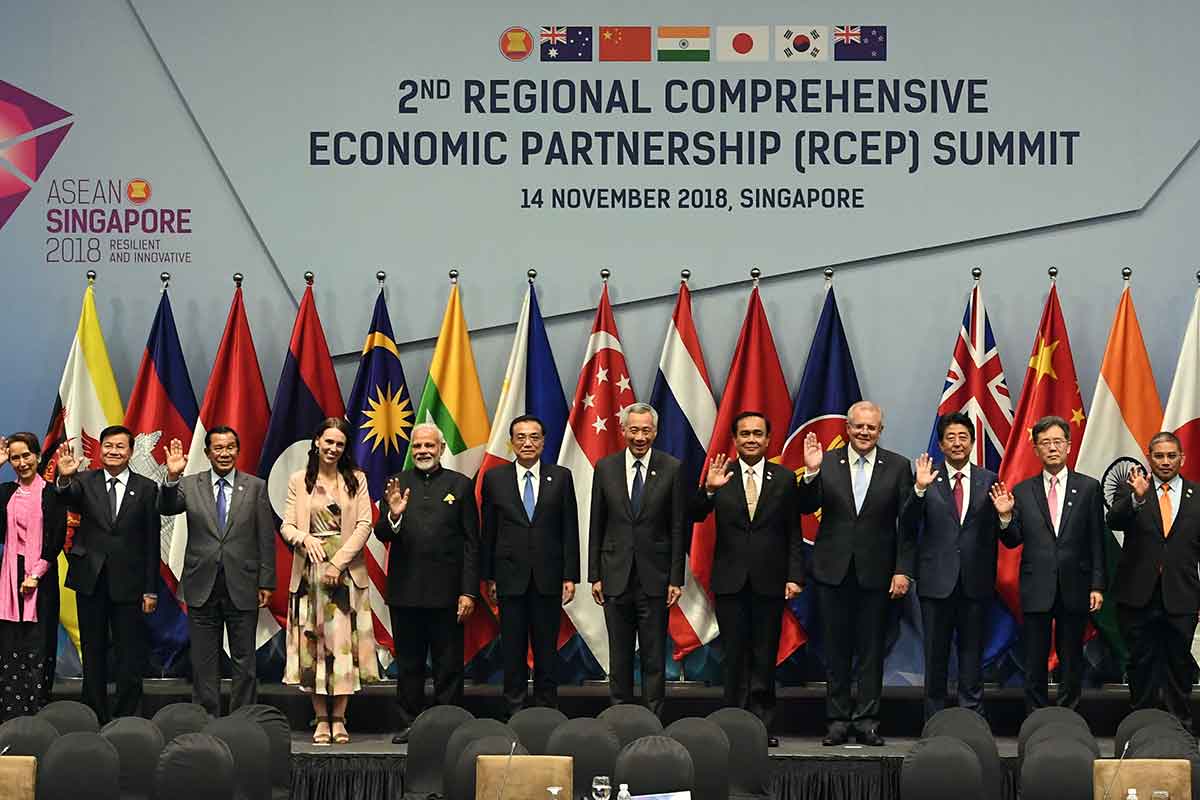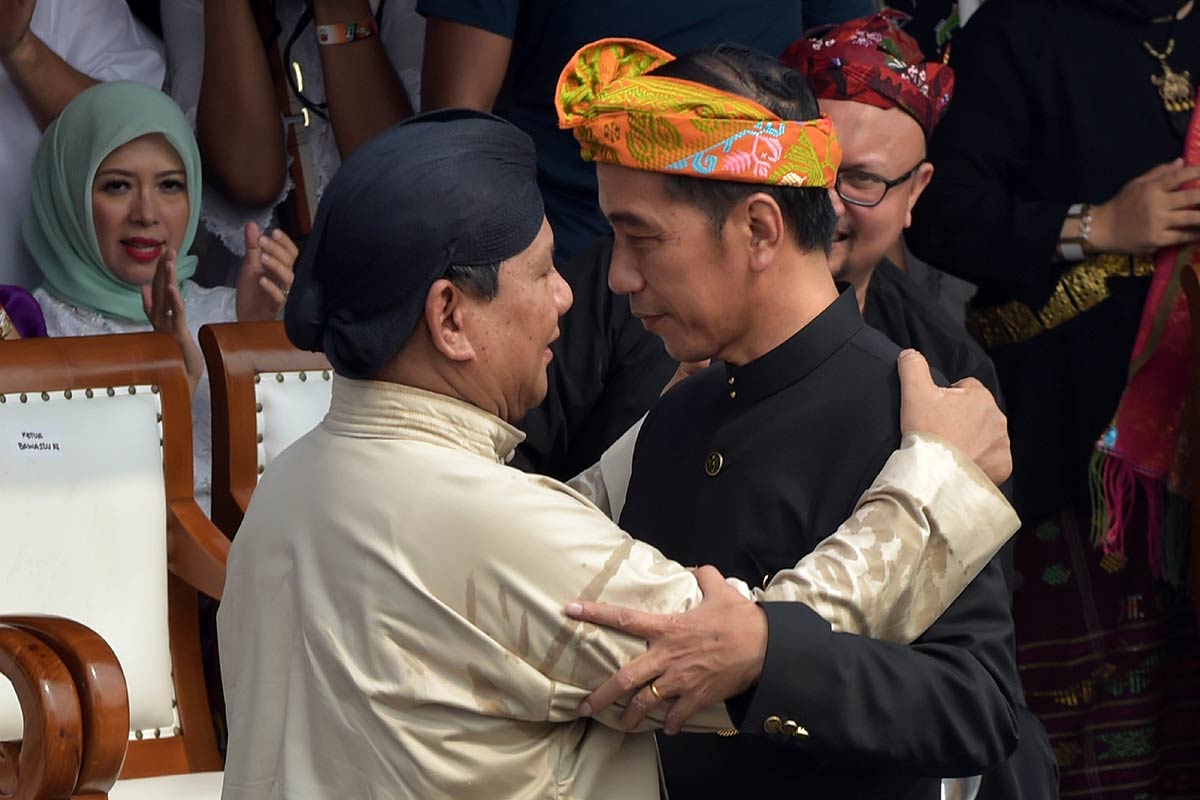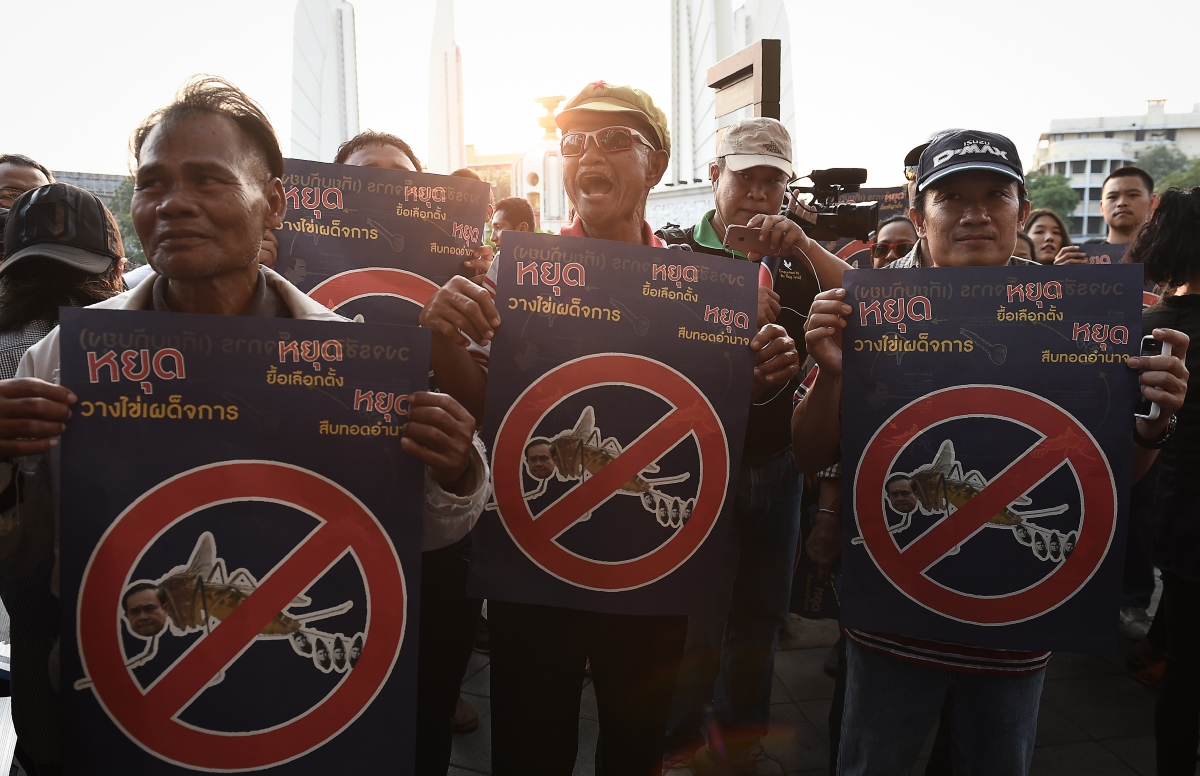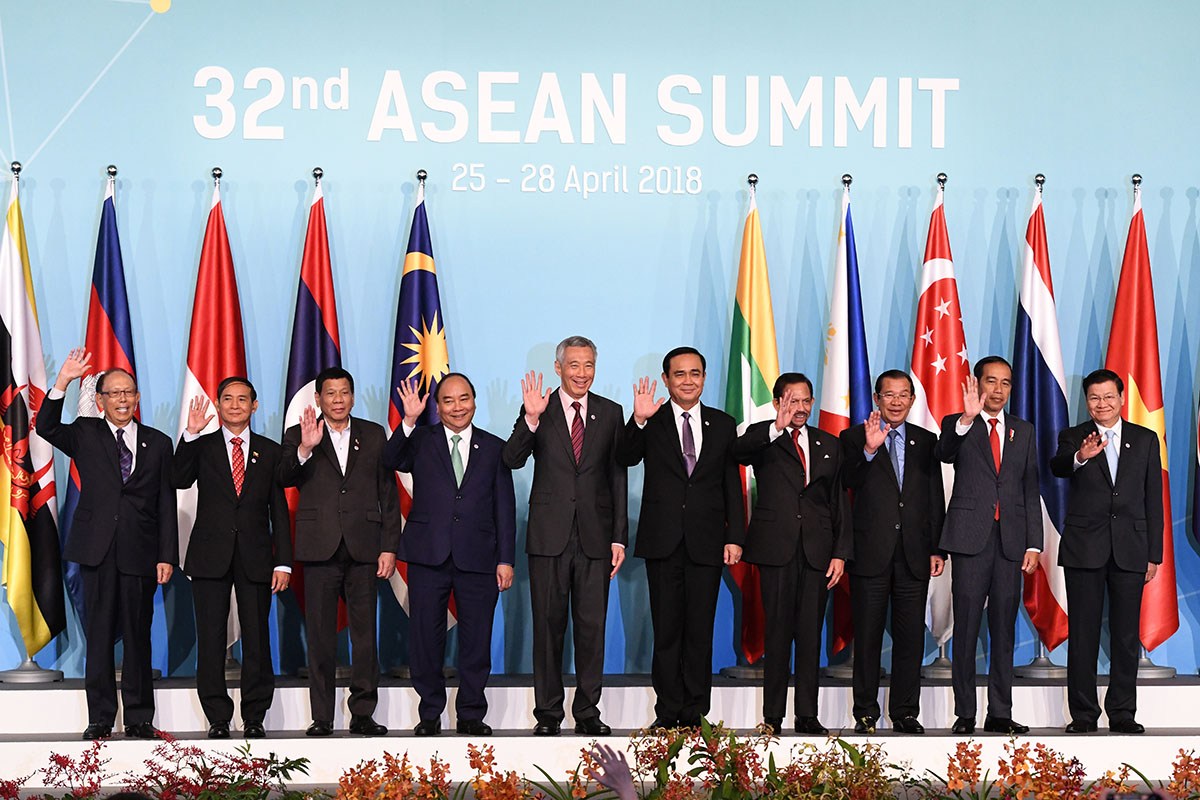2018 proved to be a tumultuous year for the region. Some ASEAN countries faced major challenges. For example, Indonesia was struck by disasters multiple times from earthquakes to a tragic plane crash to a devastating tsunami. Elsewhere, countries were navigating their respective democratic paths. Cambodia and Thailand saw its institutions challenged with Hun Sen winning an allegedly rigged election in Cambodia while Thailand’s junta continued to delay elections it promised to hold. While in Malaysia, democracy flourished as its 60-year-old ruling party was surprisingly defeated in the country’s 14th general elections.
As a region, ASEAN has undeniably grown in importance. Southeast Asia is quickly establishing itself as an Industry 4.0 hub. Geopolitically, it has become a valuable site of contention with major powers such as the United States (US) and China looking to establish their influence over the region.
2019 will be an interesting year as many of 2018’s issues will enter the new year unresolved. In this two-parter, The ASEAN Post takes a look at some of the major issues that could define the region in 2019.

Leaders and representatives pose for a group photo during the 2nd Regional Comprehensive Economic Partnership summit (RCEP) on the side-lines of the 33rd Association of Southeast Asian Nations (ASEAN) summit in Singapore on 14 November, 2018. (Roslan Rahman / AFP Photo)
Trade
In 2018, trade dominated the political discourse. Largely responsible for this was US President Donald Trump who led the chorus against multilateralism and free trade and called for more insular policies. Earlier in 2018, he implemented tariffs against China and the European Union (EU).
Meanwhile, ASEAN is leading the charge against such challenges by proposing a trade agreement of its own, the Regional Comprehensive Economic Partnership (RCEP). If the RCEP does go through, it will be one of the biggest trade deals in history as it will encompass 25 percent of global gross domestic product (GDP), 45 percent of the total population, 30 percent of global income and 30 percent global trade. Other countries involved in this trade agreement are India, China, Japan, South Korea, Australia and New Zealand.
However, passing the agreement is a challenge on its own too. Last year, ASEAN and the countries involved missed its fourth deadline to sign the deal despite having negotiations for more than a year. In his speech at the ASEAN Summit last year Singapore Prime Minister Lee Hsien Loong mentioned that the conclusion to the RCEP is “finally in sight”.
This year, the responsibility to push negotiations through falls to ASEAN’s newest chair, Thailand. Achieving consensus over the deal will not be easy as each country will have their own concerns and grouses. However, if an agreement is finally reached, then ASEAN can proudly claim to be the spearhead behind one of the world’s largest trade deals. And in a world where there is growing rhetoric against free trade, a successful trade agreement like the RCEP could see ASEAN gain prominence as a global champion of free trade.
Election season
Election fever is set to hit the region yet again in 2019 after two general elections last year in Malaysia and Cambodia. This year sees Indonesia, Thailand and the Philippines going to the polls.

Indonesia's President Joko Widodo (R), who is running for a second term, hugs presidential candidate Prabowo Subianto during a peace declaration for the general election campaign at the National Monument in Jakarta on 23 September, 2018. (Adek Berry/AFP Photo)
In Indonesia, current President Joko Widodo or better known as Jokowi is hotly tipped to win at the polls as he goes up against his old opponent Prabowo Subianto again. However, some observers have claimed that this election may not be as clear cut as the last Jokowi-Prabowo head to head.
Prabowo who is known to be more right-wing and conservative as opposed to Jokowi has been known to play up religious issues to mobilise conservative Muslims. As seen in the 2014 Jakarta elections when Anies Baswedan won the gubernatorial race after gaining support from conservative groups, politicising religion can have a major effect on the outcome of an election.
There are also growing doubts that Jokowi can win the youth vote as he did in the last elections. With voters under 40 making up more than 50 percent of the electorate, experts have said that many Indonesian youths are disillusioned with the current political order.
The campaigning period and results that follow will reveal the direction that Indonesia will take in 2019 and beyond.

Protesters hold posters mocking Thai Prime Minister Prayut Chan-o-cha as they gather to demand elections in Bangkok on 10 February, 2018. (Lillian Suwanrumpha / AFP Photo)
In Thailand, it finally seems that elections will take place after years and years of delaying by the military junta. A date has not been set in stone yet but elections are slated to be held between February and May this year.
Many believe current Thai Prime Minister Prayuth Chan-o-cha, who also led the military coup in 2014, will be seeking to defend his office by running as a candidate for the Palang Pracharat Party. The junta’s main opponent will be the Pheu Thai Party, the party founded by popular ex-Prime Minister Thaksin Shinawatra.
With the Pheu Thai Party likely to gain the most votes, it will be interesting to see if they will be given the chance to form a majority government. Constitutional amendments under the current military junta have made it an uneven playing field for the Pheu Thai Party. This election could be a major test for the junta and will indicate whether Thailand will return to a true democracy.
Elsewhere in the Philippines, midterm elections are likely to be held in May. While this may not be a Presidential election, these elections are still just as significant as it determines which party will gain control of the Senate and the House of Representatives.
Related articles:
ASEAN 2018 Year in Review: Part 1
ASEAN 2018 Year in Review: Part 2
